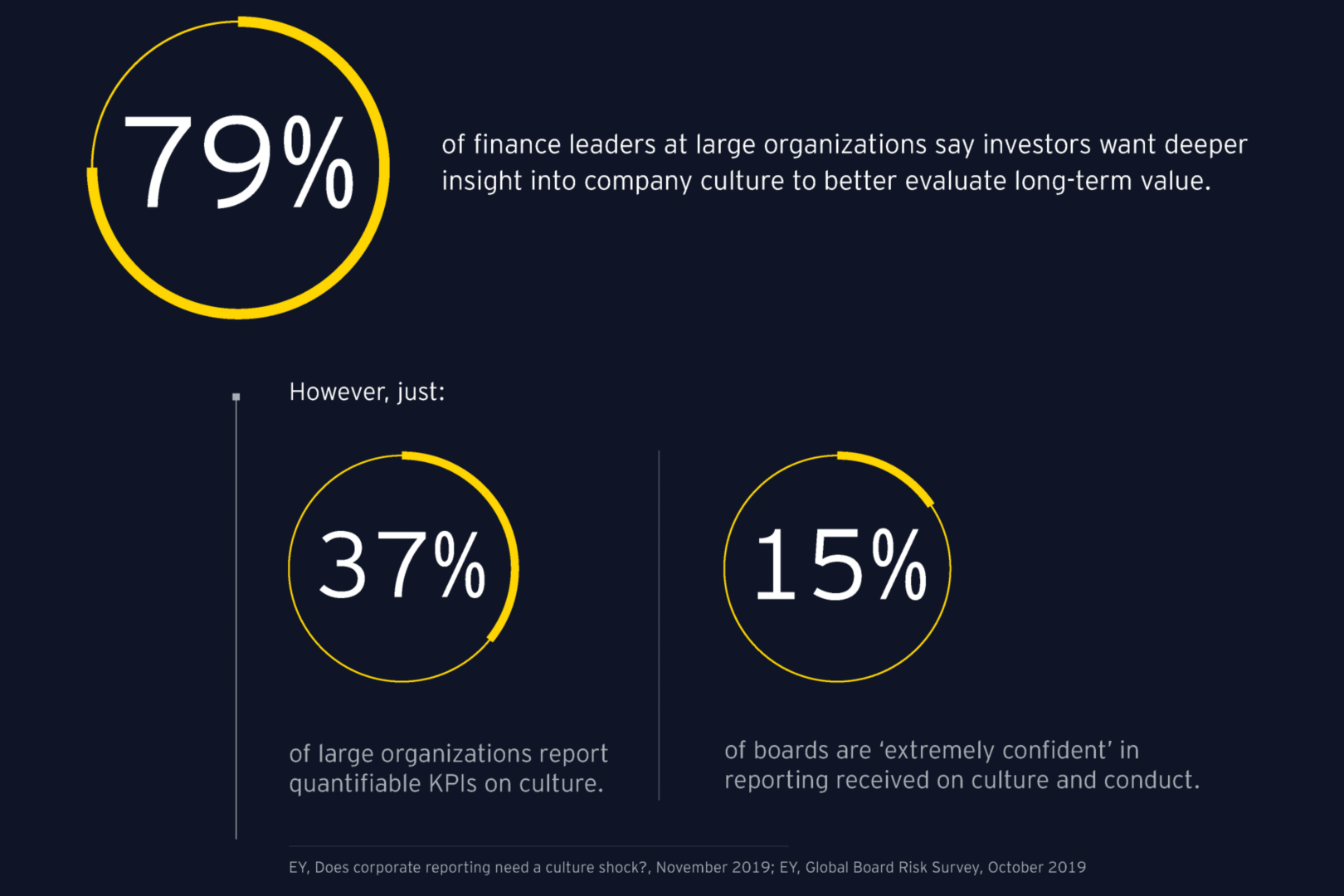While these might sound rudimentary, the EY global board risk survey of 500 board directors and CEOs conducted in late 2019, before the pandemic, reveals that boards historically did not consider these as major immediate or short-term concerns, or did not believe it was their responsibility to address them.
Perhaps this could be attributed to the role of the board versus management, but given their fundamental importance in driving organizational transformation, especially in a post-COVID-19 world, boards should work proactively with business leadership to address them. In doing so, boards should adopt a two-speed approach, focusing on building a resilient enterprise while also laying the foundations for future success.
Anchor long-term value with redefined purpose
The COVID-19 pandemic has reshaped the relationship between business and society. The general population now don’t just see businesses as providers of goods and services, but as organizations that have a vital role to play in solving humanity’s greatest challenges.3 In short, COVID-19 has shone a light on how business behaves. Some businesses are already responding. For example, at the height of the COVID-19 pandemic, one of the world’s largest consumer goods companies partnered with a consortium of businesses in the aerospace, automotive and medical sectors to manufacture at least 10,000 ventilators for UK hospitals.
This heightened scrutiny means capital and talent will shift from organizations that create value only for their shareholders to those that create value in the long term, across a broader group of stakeholders, including employees, consumers, society and shareholders.
As the new normal emerges, globalization, climate change, income inequality, inclusivity, the ethics of artificial intelligence (AI) and other huge economic and societal issues will again dominate the agenda, and businesses will be expected to play a role in addressing them.
Before COVID-19, our survey indicated that board directors didn’t recognize these challenges as major business risks. For example, climate change didn’t even feature in their top 10, likely because they consider it the remit and responsibility of their management teams.
But with customers’, investors’, employees’ and other stakeholders’ expectations of business reset by COVID-19, it’s never been more important for businesses to redefine and reactivate their purpose.
What role should the board play? With senior executives firmly focused on guiding their organizations through COVID-19 in the short term, the board has a responsibility to drive long-term thinking on how they create and measure long-term value and deliver outcomes for a broad set of stakeholders.



